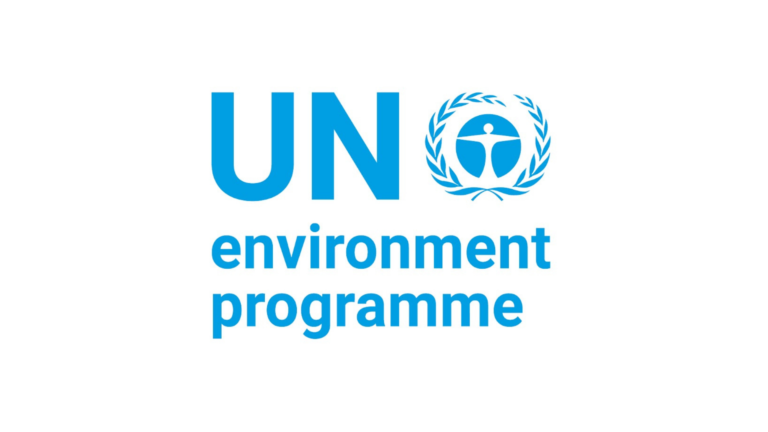Waterkeeper Alliance Receives United Nations Environment Programme Accreditation
By: Waterkeeper Alliance

Waterkeeper Alliance has received accreditation from the United Nations Environment Programme (UNEP), the coordinating body for the United Nations’ regional and international environmental activities. UNEP works closely with its 193 Member States and representatives from civil society, businesses, and other major groups and stakeholders to address environmental challenges through the UN Environment Assembly, the world’s highest-level decision-making body on the environment.
The accreditation supports Waterkeeper Alliance’s mission to protect everyone’s right to clean water by leveraging the collective knowledge, expertise, and experience of more than 300 Waterkeeper groups and advocates who patrol and protect rivers, lakes, and coastal waterways in more than 45 countries on six continents. Each Waterkeeper has a unique voice and knowledge base that reflects the diversity of their community, watershed, and local water and environmental challenges.
Specifically, the status gives Waterkeeper Alliance the opportunity to participate in UNEP Assembly meetings and sessions as well as to comment on unedited documents that will ultimately go to the UN Environment Assembly. This access increases Waterkeepers’ ability to share their grassroots expertise and scientific knowledge, inform governments of local needs and opinions, and identify the “on the ground” realities of policy decisions.
“Waterkeeper Alliance is honored and excited to become a UNEP partner, working alongside the world’s most influential and prestigious environmental organizations to advance sound science, laws, policy, and practice,” said Marc Yaggi, Executive Director of Waterkeeper Alliance. “This designation recognizes the critical work of Waterkeepers and allows us to deepen that impact through strategic partnerships, capacity-building, funding, education, and other opportunities. We look forward to collaborating with UNEP and its partners, and continuing to advance progress on the UN Sustainable Development Goals as well as related health, education, and security goals.”